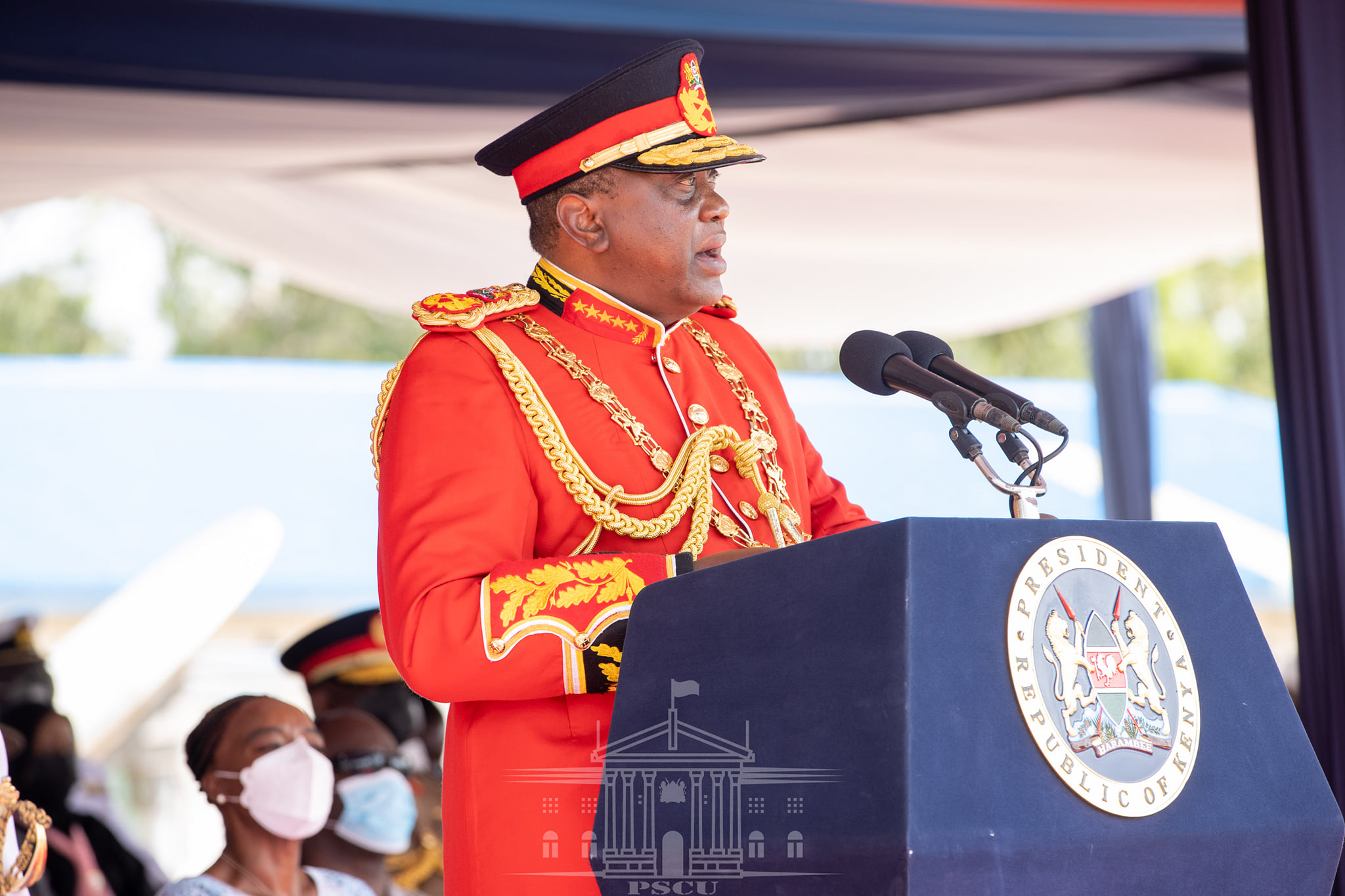Kenya has remained defiant as the International Court of Justice (ICJ) made its judgment on the maritime border dispute between Kenya and Somalia, favouring the latter in its anticipated decision.
This matter has been the bone of contention occasionally sparking a diplomatic row between the two neighbouring countries ended with a decision by ICJ to split the disputed triangle between the two neighbouring countries.
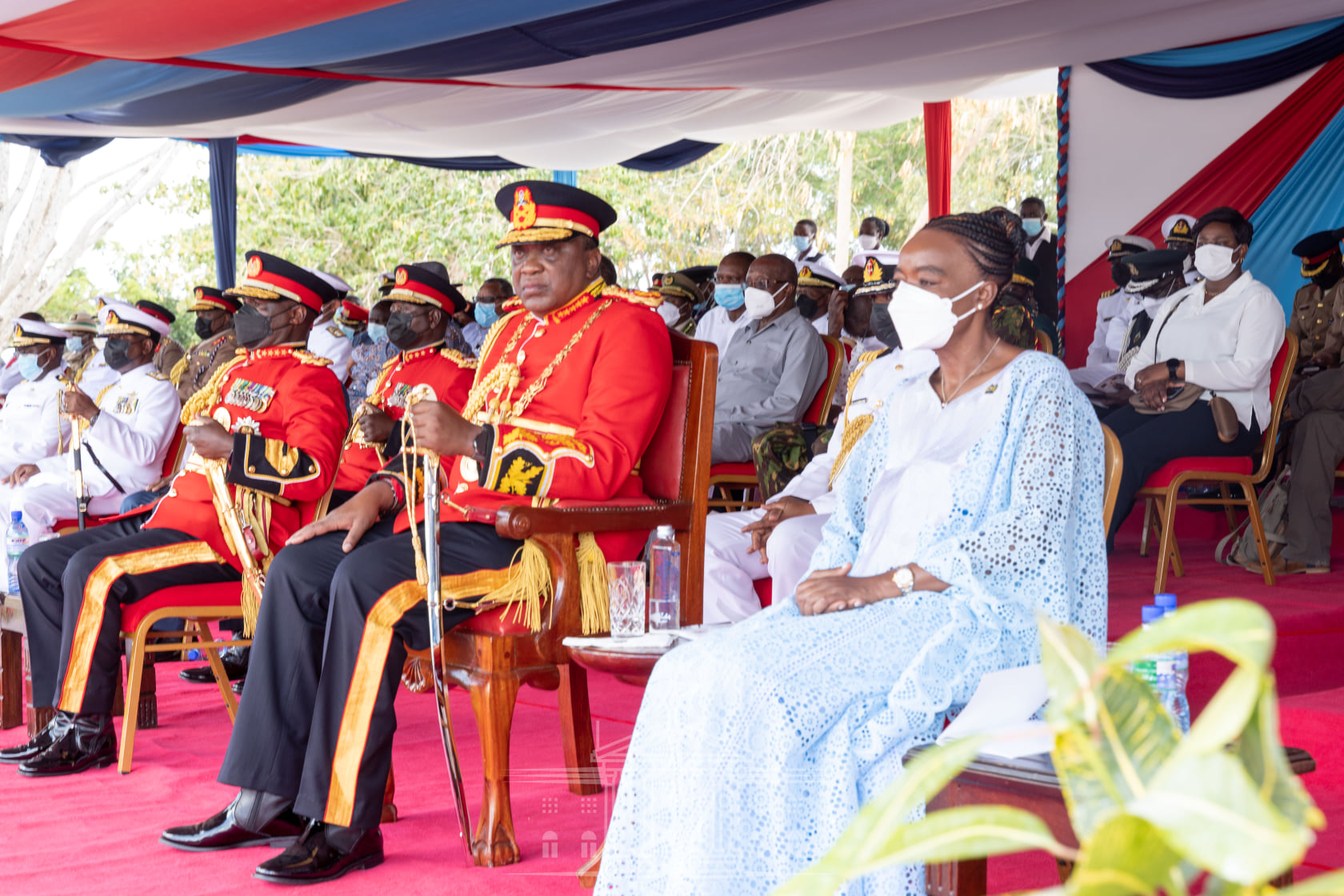 Uhuru Kenyatta. PHOTO/PSCU
Uhuru Kenyatta. PHOTO/PSCU
Tuesday’s ruling largely favoured Somalia in the case concerning a 100,000 square kilometre (38,000 square mile) triangle in the Indian Ocean which is believed to be rich in gas and oil.
A 14-judge panel at The Hague said Kenya had not proven that Somalia had earlier signed an agreement with her on her claimed border but drew a line dividing the disputed area into two.
Read More
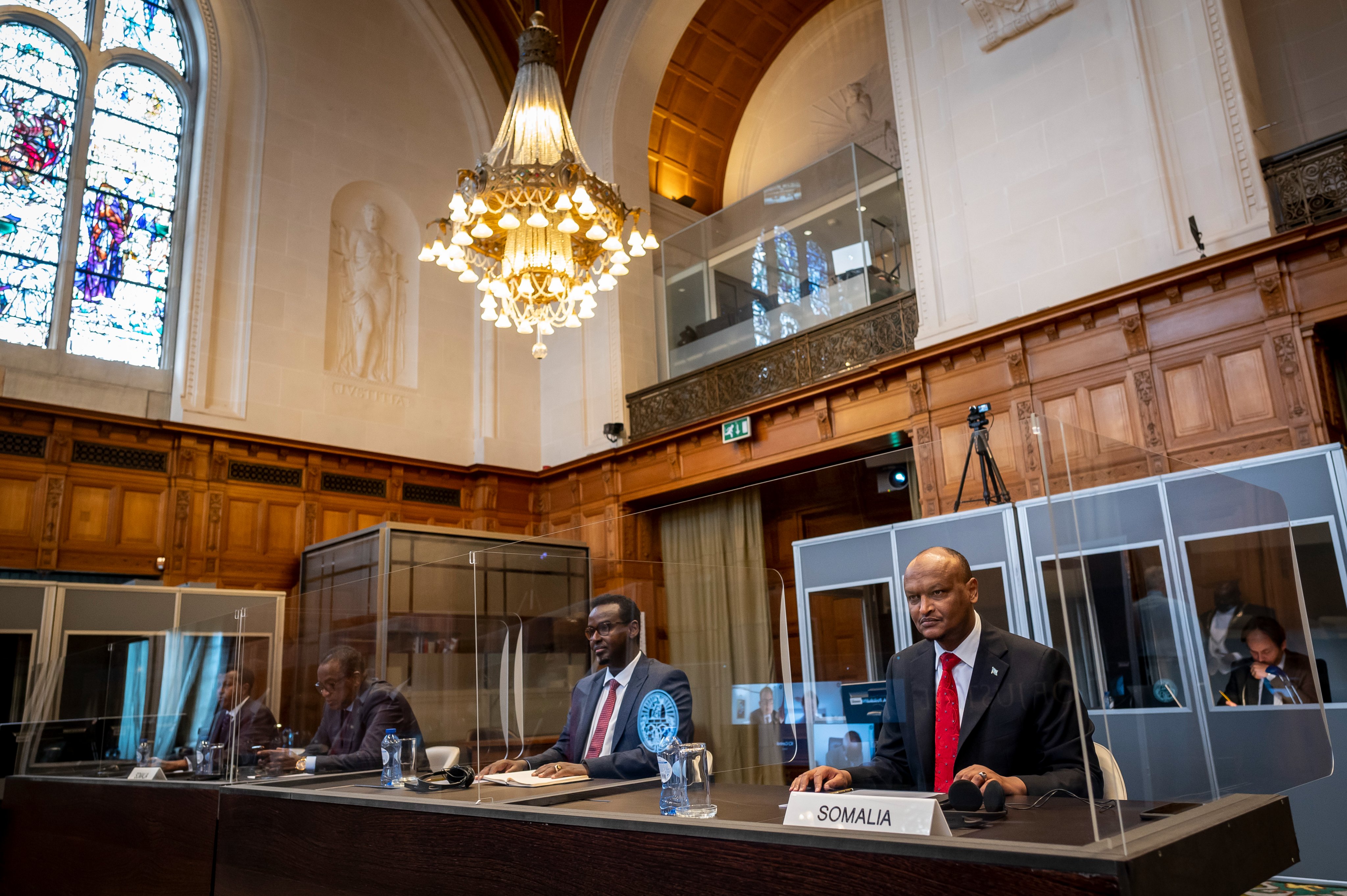 PHOTO/COURTESY
PHOTO/COURTESY
Somalia’s Information Minister Osman Dubbe welcomed the ruling and congratulated his country on "regaining its territory."
Dubbe took to Twitter to celebrate the news thanking the lawyers who represented the country, which was helped from close to two decades of war by Kenya, at the ICJ.
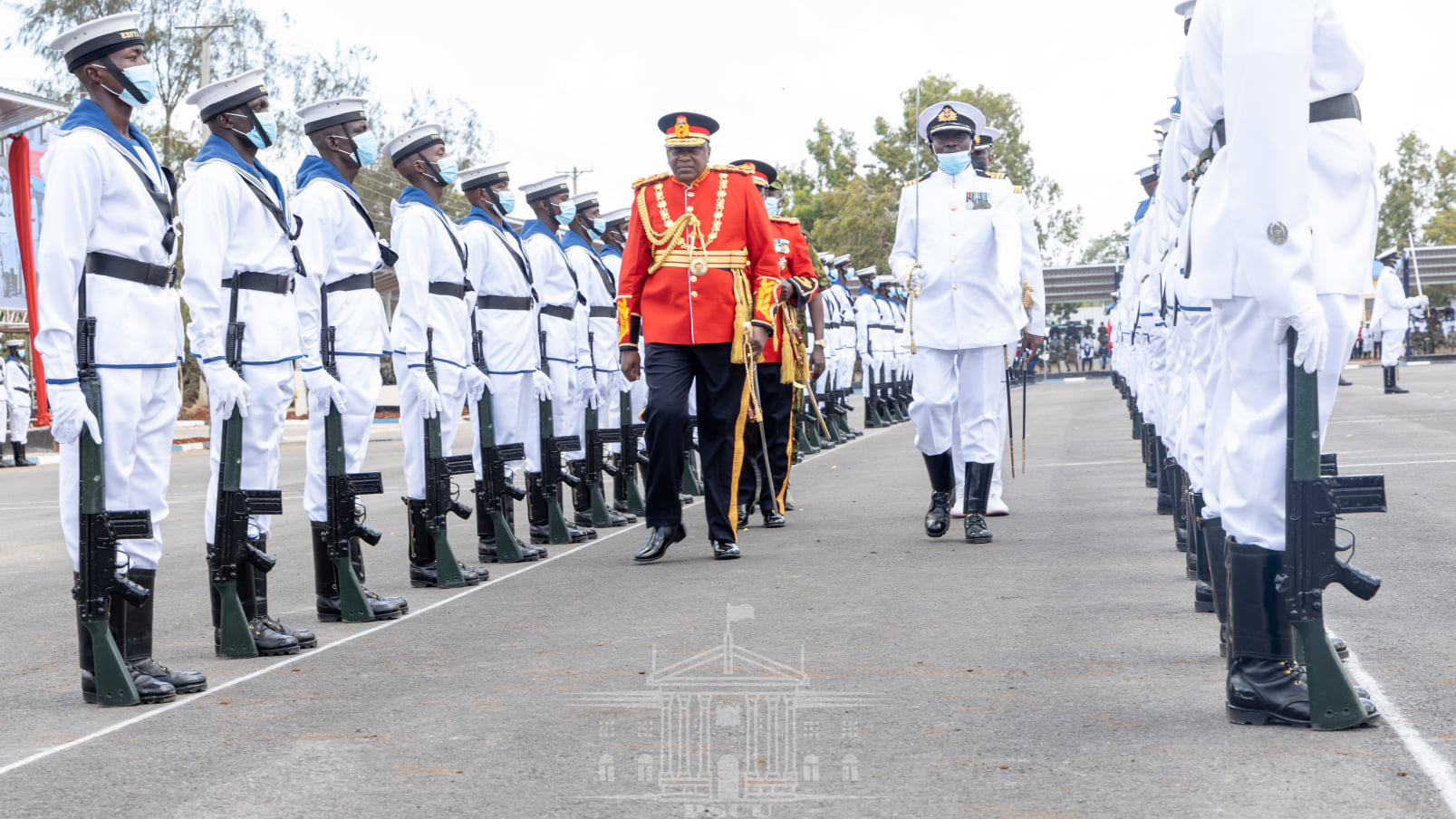 Uhuru Kenyatta. PHOTO/PSCU
Uhuru Kenyatta. PHOTO/PSCU
“Finally we made it. Thanks to all great lawyers who represented Somalia on the International Court of Justice. 12th October, our national flag day will be another historic day for all Somalis,” he wrote.
Somalia’s cabinet led by Prime Minister Mohamed Hussein Roble spent the better part of the day following the ICJ proceedings.
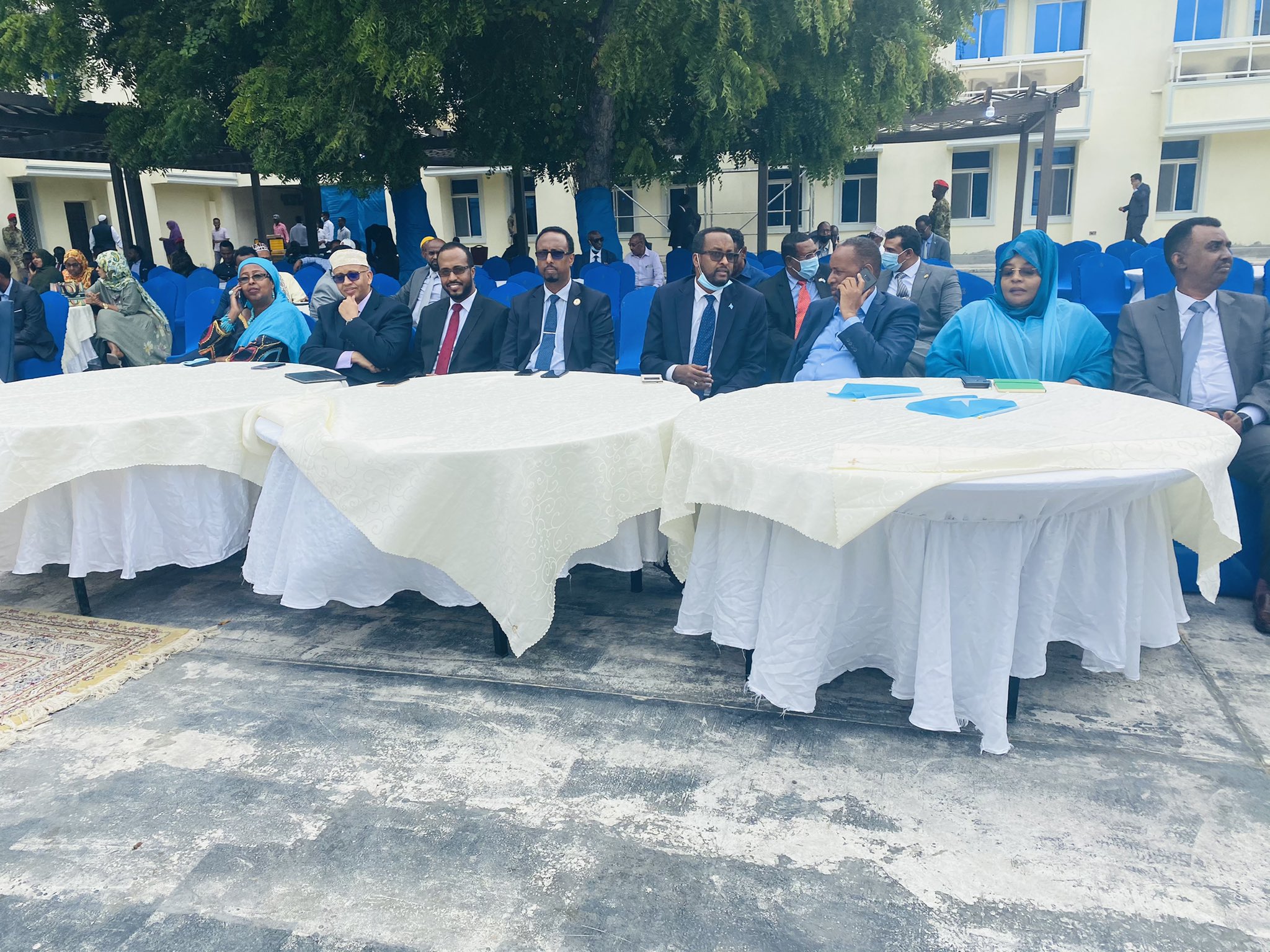 PHOTO/COURTESY
PHOTO/COURTESY
However, Kenya has disputed the judgment and vowed not to accept the ruling by the court accusing ICJ of bias.
Fishermen at the Kenyan coastal town of Lamu have also vowed to continue with their normal activity namely fishing along Kiunga fishing ground despite ICJ’s ruling.
Lamu County Commissioner Irungu Macharia assured the fishermen that the Kenyan government will not cede its territorial water to Somalia under any circumstances.
Kenya has always maintained since 40 years ago that a line east of the meeting point of Kenya and Somalia represents the maritime border but Somalia argued that the sea frontier in the Indian Ocean should take the same direction as the land border.
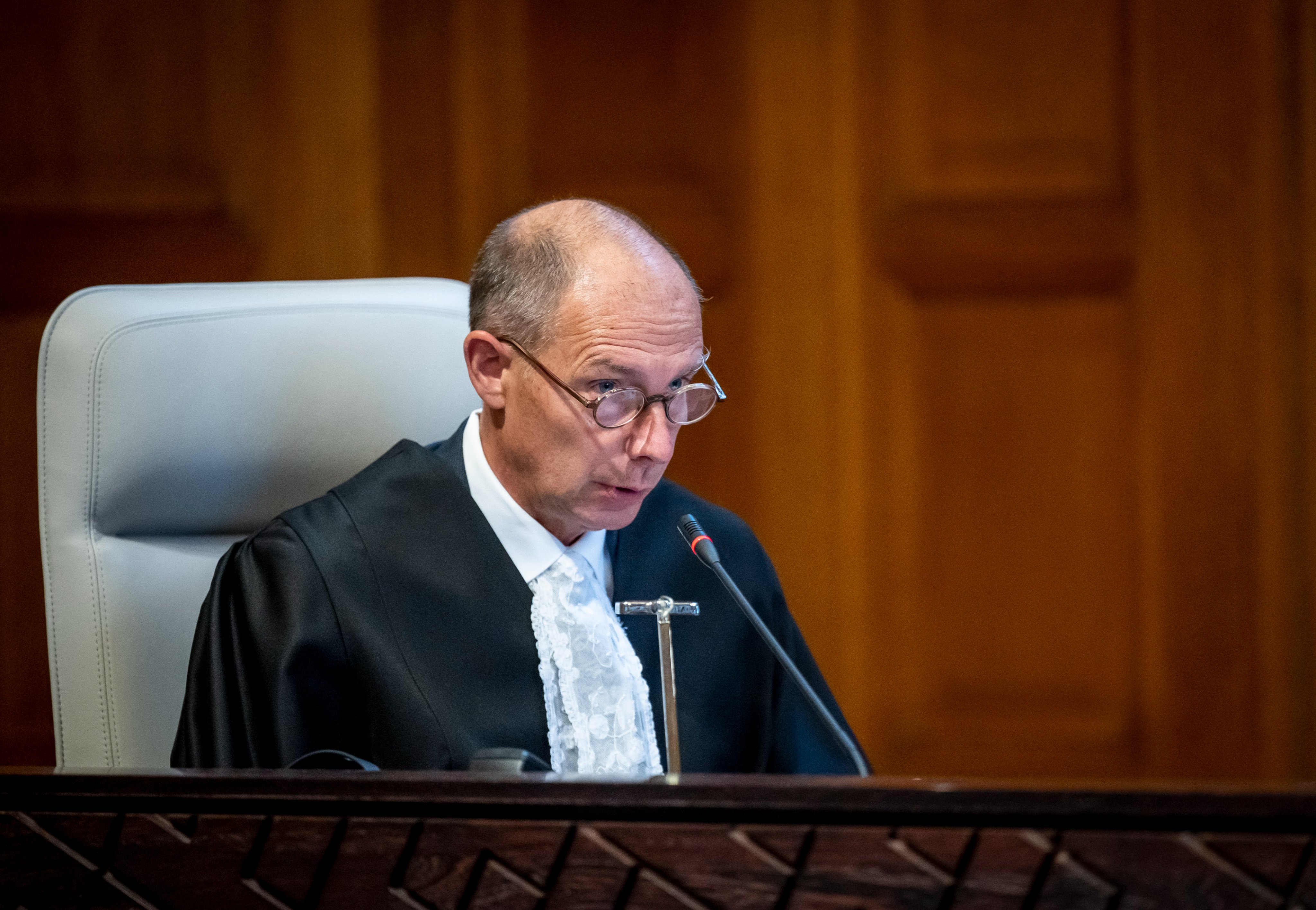 PHOTO/COURTESY
PHOTO/COURTESY
The neighbouring country also demanded reparations from Kenya claing she had violated Somalia's sovereignty, a claim ICJ rejected.
Kenya and Somalia agreed in a 2009 Memorandum of Understanding to resolve the maritime dispute diplomatically with the backing of the UN but Somali took Kenya to the ICJin 2014 laying claim to the territory backed by some interested Arabian countries.

